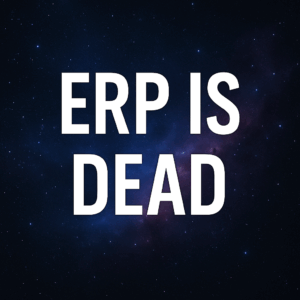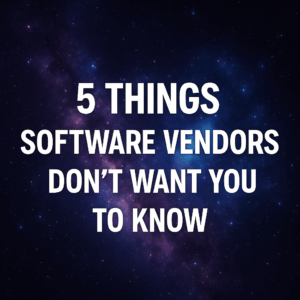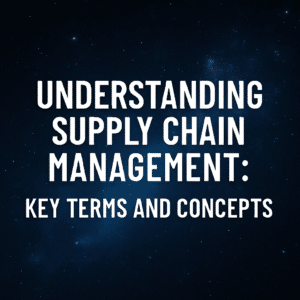More and more, companies are questioning the validity of a full-suite ERP replacement and wonder if it is really worth the time, cost and risk. Years ago, when companies were transferring from pure manual processes this was an easy decision as the benefits came without question.
Today, with most organizations already having some degree of automation and technology, along with the multitude of options in the marketplace, ERP is not always a clear answer. There are many viable alternatives to traditional ERP systems.
If you are finding your company in the same boat and trying to determine if ERP is the answer, here are some alternatives to consider:
Table of Contents
ToggleBest-of-Breed ERP
Simply stated, a best-of-breed ERP environment is one where two or more stand-alone systems are integrated. Nearly every company utilizing technology has at least a few systems in place. It is a constant question whether to continue building on this best-of-breed structure or to consolidate into a single “ERP”. Best-of-breed should be a strong consideration if the primary pain points are coming from a particular department or process area and you have a stable financial system that can be integrated. Common modules that are often brought in as standalone include the likes of CRM, HCM, WMS, SCM, TMS, etc. Additionally, depending on your systems architecture and requirements, manufacturing, procurement or inventory sub-systems may also be warranted.
Process Improvement
While process updates are a necessary part of any technology transformation, process improvements themselves can often happen regardless of technology. Before blaming technology and looking to rip-and-replace your ERP, consider evaluating if any of the primary pain points can be mitigated through process adjustment alone. We find many cases where the technology exists to automate a process, but the process is in such disarray that the technology cannot adopt.

Training and Adoption
If a proper Organizational Change Management (OCM) strategy is not a concept in your organization, consider validating that people are using the existing technology as it was intended. System workarounds become commonplace as soon as they are accepted, and more and more people will figure out their own way of doing things if not adequately trained and monitored. Remember that training needs to be on-going and scalable. If you company has grown, if the original system trainers have moved on or have new roles or if you have a bunch of new folks that have been given diluted training, this may be the reason the “technology” is struggling.
Update or redesign existing systems
Oftentimes it is not a matter of the technology not having the functional capability, it’s simply that you are not using existing technology to its full capacity. Remember that enterprise systems are constantly being upgraded. Even if you have been taking auto upgrades from your vendor on a regular basis, it doesn’t mean that you are utilizing all the functionality that is now available.
Additionally, remember that business processes are always changing. As departments and reporting structures morph and products, supply chains and customer requirements change, processes will naturally deviate from what was initially programmed into the system. While it may be the case that your systems cannot handle the revised processes, you should first validate that systems cannot be reconfigured to handle business needs. This is an especially relevant point in the case of an in-house built system.
Regardless of the direction you head, you will most likely find a hybrid of the above. System architecture is complex and any form of change will always impact process and people to some degree.
As you try to determine the need for ERP or one of the other alternatives, you will need to run some form of an ERP business case to justify the best direction. Guessing at this game can cost quite a bit of money and business risk in the long-run, and we strongly recommend bringing in some outside independent ERP consultants (i.e. Third Stage) to help guide the evaluation.





